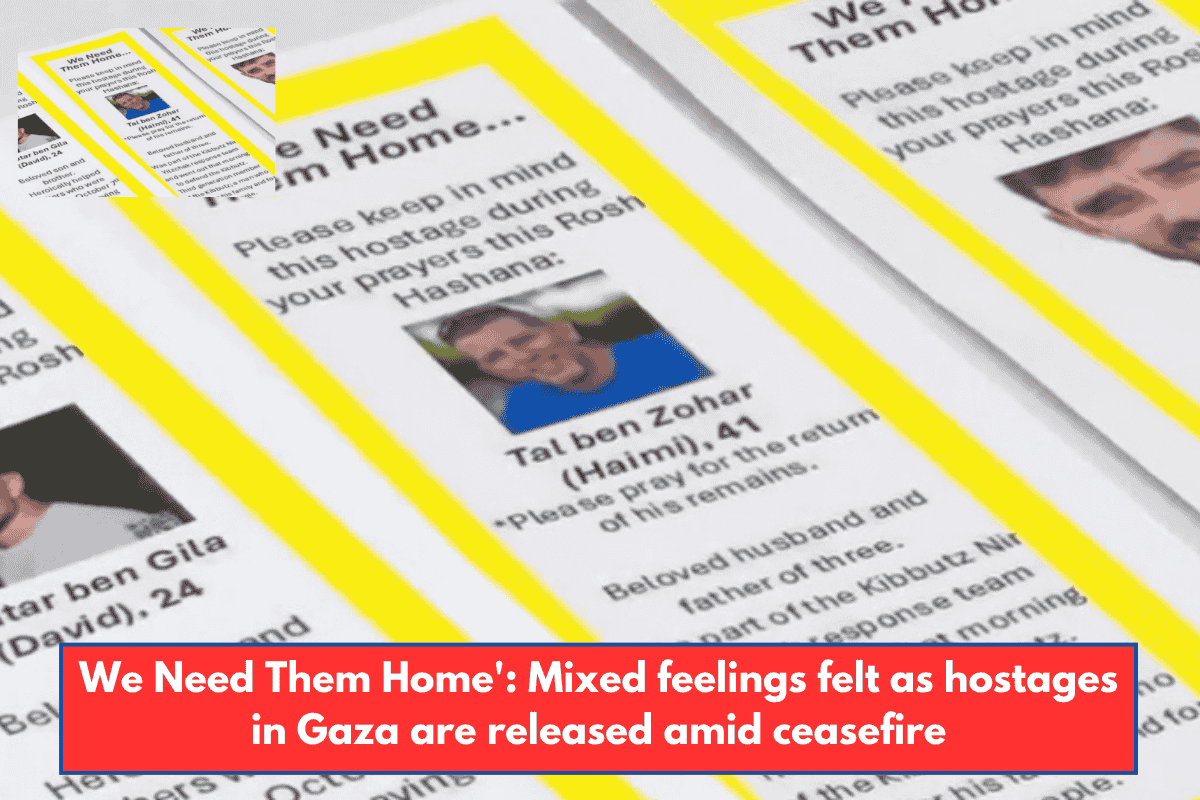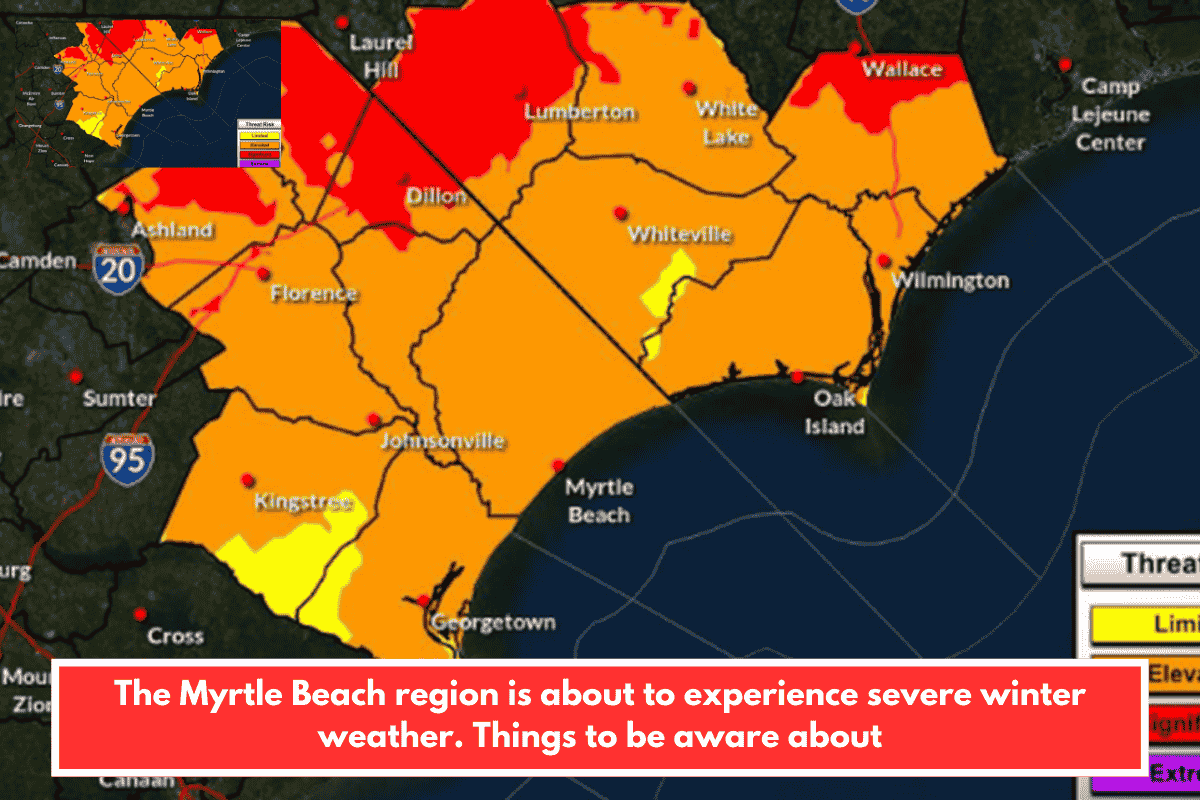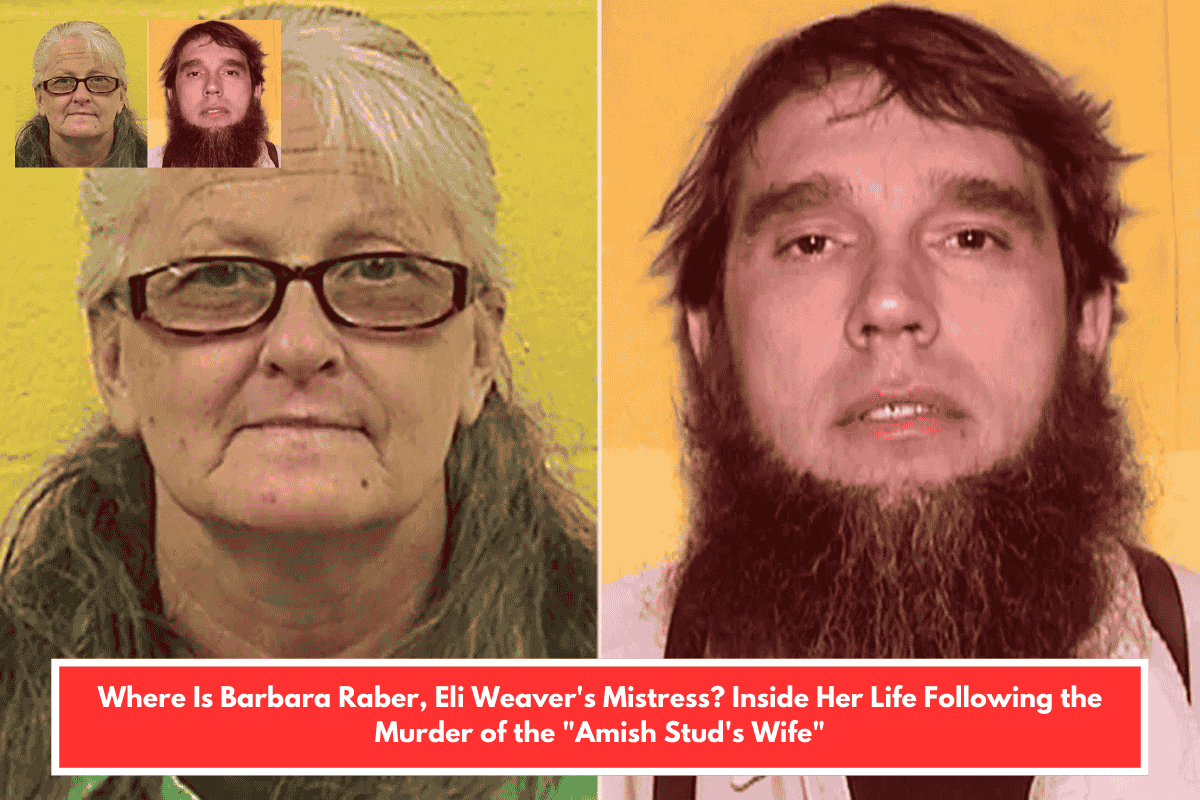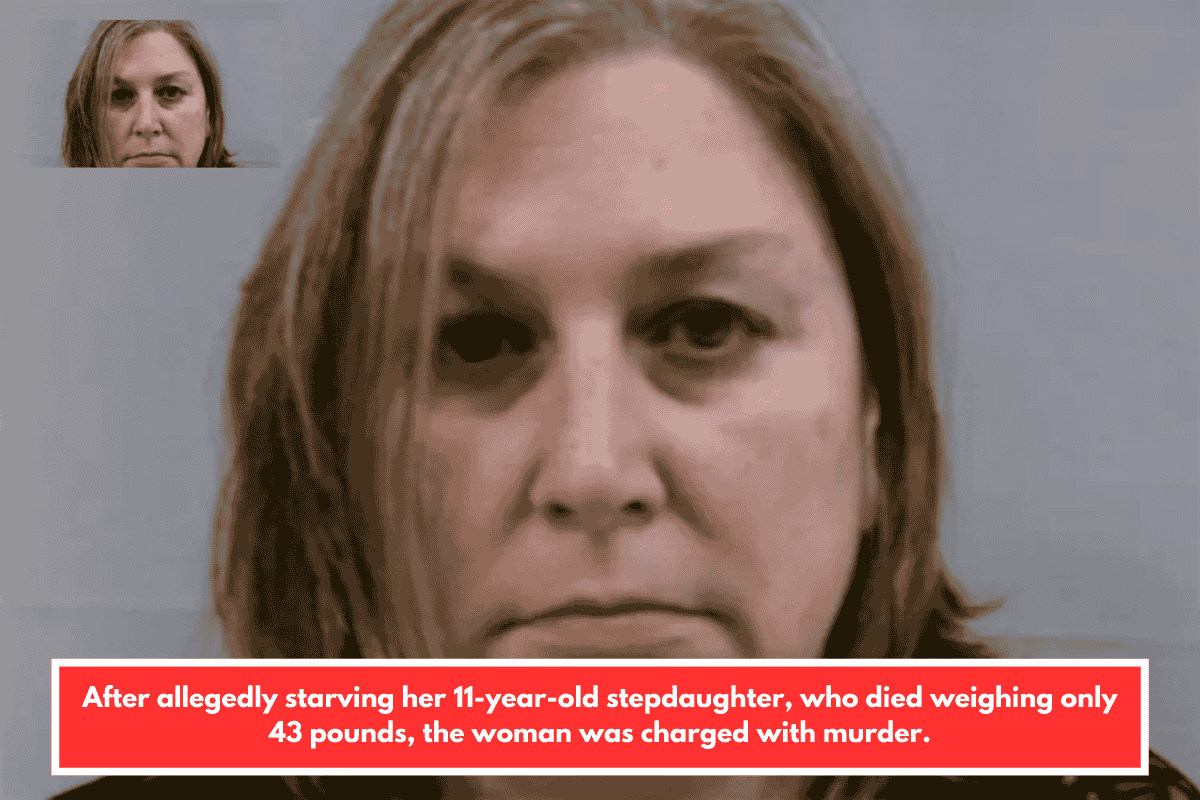Charlotte, North Carolina. — The ceasefire in the Israel-Hamas conflict lasted into the weekend.
All 20 remaining hostages in Gaza are scheduled to be released on Monday.
They are about to be reunited with their families, more than two years after the battle began.
During that time, the Chabad of Charlotte distributed prayer cards with the faces of hostages that read, ‘We Need Them Home.’
“Everyone in our community has been empathetic – not sympathetic, but empathetic – feeling their pain and thinking about them,” Rabbi Yossi Groner told me.
According to Groner, the prospect of the captives’ rescue has brought relief and immense excitement to Jews around the world.
As part of the ceasefire agreement, 1,700 Palestinian inmates and over 200 prisoners, some of whom Israel considers terrorists, will be released.
MORE | What to know as Israel and Gaza await the release of hostages, detainees, aid—and Trump’s visit.
“People ask the question, ‘Is the price we’re paying too high?’ as much as we’re rejoicing for the families, and we couldn’t have it any other way,” Groner told me. “I don’t believe anyone has a viable solution to this situation. The contradictory emotions stem from the fact that the crisis has not been settled and Israel’s foes continue to seek its destruction.
Samira Haddad, an organizer with the Palestinian Youth Movement’s North Carolina chapter, believes the truce is good news for Gazans.
“We obviously welcome this moment of relief for the people of Gaza who, for the first time in two years, won’t be sleeping under the sound of drones, bombardment, and the constant threat of death,” she told reporters.
Haddad also says she’s hoping the ceasefire will stay, but she doesn’t trust the US or Israel to follow through.
“The ceasefire is the bare minimum of our demand of what we’re asking for,” Haddad informed the crowd. “We know that the only way justice is going to be achieved is through a total arms embargo on Israel and by implementing sanctions on Israel for its war crimes and for holding war criminals accountable.”
Israel denies committing war crimes, citing self-defense. Some human-rights organizations disagree.
Groner believes that sustainable peace “depends [on] what the nations of the world are going to do.” It is up to the United States’ leaders.”














